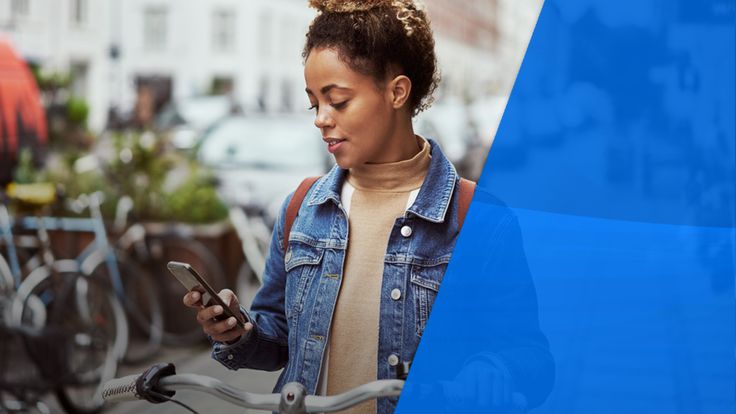Is it time to un-invent social media?
Jason Farrell, home editor
There are three kinds of everyday modern rage: road rage, where people caged in their cars anonymously rant at other drivers; IKEA rage, where shoppers caged in unending aisles of cheap furniture can find no means of escape; and Twitter rage, where people caged in their own prejudices electronically tailgate and blow horns at those they disagree with.Let's be honest, we've become too reliant on cars and flatpack furnishings to do without them, but do we really need social media?
Wouldn't it be better if we just un-invented it and agree to say nothing of it to the next generation?
Can someone remind me of the benefits? Stay in touch with your friends? We have phones and email. Share photos? You are almost certainly oversharing. Catch up with the news? You are killing the news, buy a newspaper, watch Sky News. Share your information? Facebook has just been fined £4bn for sharing your information.
You could argue Twitter has engaged people in political discourse, but equally it shuts down conversation with CAPS LOCK anger and cowardly keyboard abuse.
Amy Sellars, assistant headteacher at Latymer Upper School in London, uses the Wonderbra advert as an example. When it appeared on billboards 25 years ago it sparked controversy - but also a national conversation. Was it inappropriate? Sexist? Exploitative? Empowering?
She said: "Now, children see images like that, or much worse, everyday on their Instagram feed but parents don't know about it so can't share in it and discuss the experiences that their children are having. They have no control. So they can't be parents."
Filters and selective posting create a distorted online perfection fuelling jealously and insecurity. And for those depressed or angry at the world, self-harm and even pro-suicide groups await.
Parents feel pressured to allow their kids to have social media accounts over fears their children will be excluded from peer groups without them. So the mere existence of social media is causing family conflict, be it questions over viewing habits to the classic "get off your phone, we are eating!"
Some argue it is linked to the rise in children's mental health problems. A study published in the Psychological Medicine journal last year found people aged 16 to 24 in England were almost 10 times more likely to report a long-standing mental health condition in 2014 than in 1995. What's changed?
"In 1954 William Golding imagined an island where stranded children governed themselves and it all turned very nasty. Lord Of The Flies is a fairly accurate portrayal of some children's social media accounts."
Certainly, social media isn't helping. Mrs Sellars told me: "Parents have said to me that part of the battle when trying to help with their child's recovery, with something like anorexia, is the easy access that they have to these online communities of people who are essentially undoing all the good work that the hospitals and the parents are trying to do."
Much of a child's online space is ruled by children. In 1954, William Golding imagined an island where stranded children governed themselves and it all turned very nasty. Lord Of The Flies is a fairly accurate portrayal of some children's social media accounts.
Sayce Holmes-Lewis runs a mentoring programme for young people in gangs on the Brandon Estate in south London. Last year, his 17-year-old friend Rhyhiem Barton was killed and within hours teenagers from a rival gang were boasting about it on social media.
He said: "I saw the videos bragging about Rhyhiem's death and the Instagram accounts and Snapchat. It was sickening."
He says these online posts only aggravate the situation and adds: "Young people are dying as a result."
It is desensitising children to violence. Kids who who maybe missed out on a fight or a stabbing on their street corner can catch up on social media. Someone will have filmed the violence so they can stream it in real time or replay it in slow-mo, they can share the violence and they can like the violence.
Okay; so I'm picking extreme examples - but my day-to-day fear is that social media increases the levels of unchecked banality in our children's lives. In all our lives.
I wonder for example if the next generation will ever be able to invent anything good. Apart from in the world of technology - will there be advances in medicine, or architecture or transportation? Invention is time-consuming and demands dedication without immediate reward and a pre-social media attention span.
Will they even be able to produce any classic literature? It's too long-form and requires the empathy and understanding of real people's lives that comes from face-to-face interactions.
You have to be bored to be creative. You need head space and patience. Social media just doesn't allow for it.
And it's addictive. I know, because as I look up from writing this on the train, everyone in the carriage is on their phone. Everyone.
But for of my ramblings above I still have a Twitter account. As a journalist, I'll admit, I use it to keep across stuff and plug my own work. I'm considering abandoning it. But before I do, I might just push out this article.
And later see if it gets any retweets, and maybe see what some other people are saying and perhaps disagree with them with some witty riposte, before checking out Instagram. It's August, there should be some hilarious holiday pics to browse... etc. etc.


